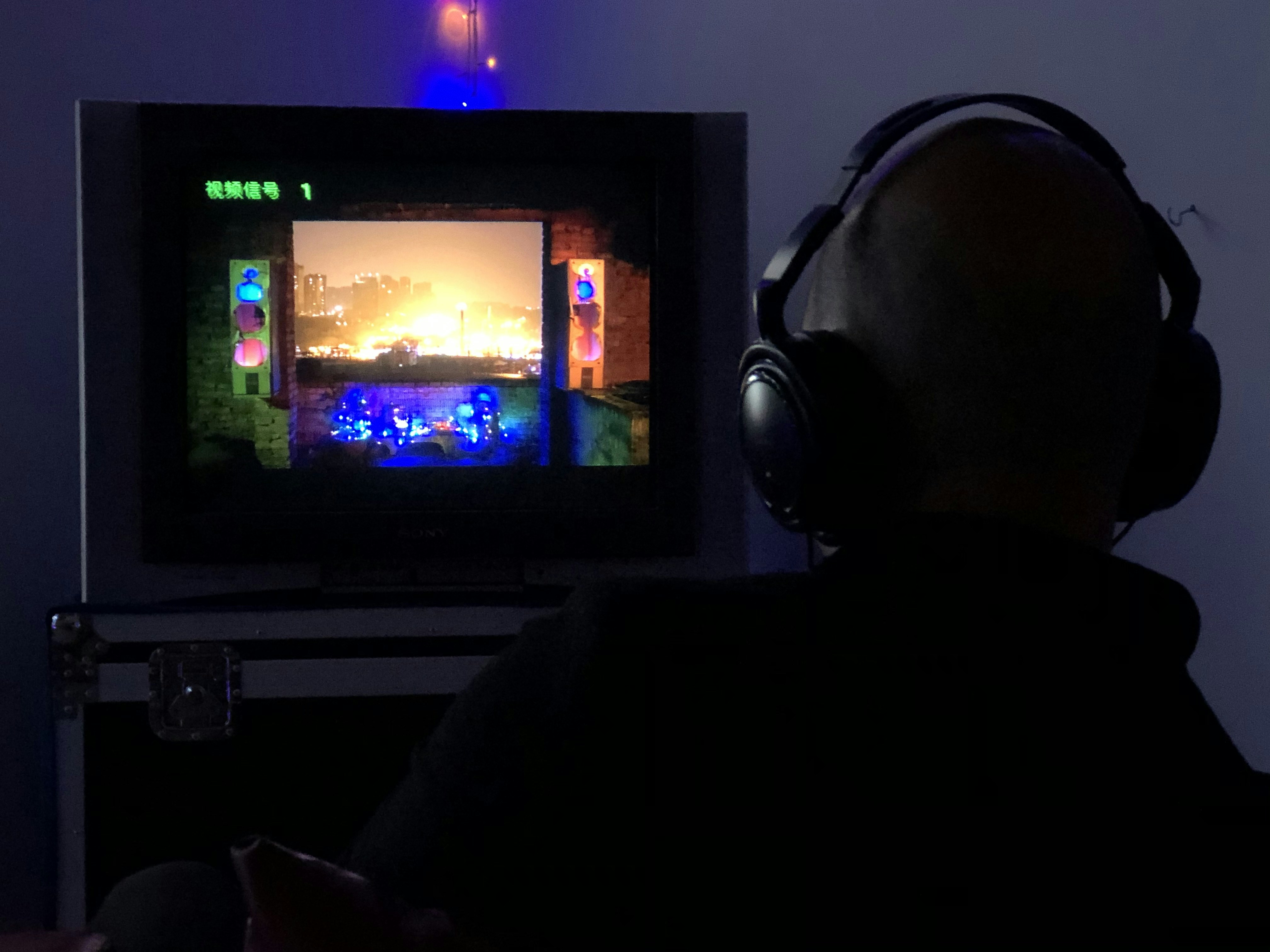Game Mechanics: Influence Real-World Policies and Civic Engagement
In an era where the convergence of gaming and governance is becoming increasingly evident, the influence of game mechanics on real-world policy-making and civic engagement cannot be overlooked. Games, often dismissed as mere entertainment, are evolving into tools that shape public discourse, citizen involvement, and even legislative decisions. With the interplay between pixels and policy, understanding how game mechanics can actively influence real-world scenarios opens up a new landscape for civic-minded gamers and policymakers alike.
The Evolution of Gaming as a Civic Tool

Once upon a time, video games were viewed merely as escapism, offering players an avenue to explore fantastical realms and pursue heroic quests. However, the last decade has seen a significant transformation in the purpose of gaming. As the nuances of game design and engaging narratives emerge, so too do the opportunities for these digital creations to act as catalysts for real-world change. From community advocacy to larger political movements, gaming is slowly being recognized for its potential to engage players in social issues.
A New Perspective on Gameplay: Fun Meets Engagement

Did you know a study conducted by the Pew Research Center revealed that nearly 72% of teens play video games? This statistic demonstrates the massive reach of gaming. But more impressively, gameplay mechanics are being harnessed to instill a sense of civic duty among these players. Games like Papers, Please not only provide players with a first-hand experience of immigration office challenges but challenge them to think critically about the consequences of their decisions. Such experiences encapsulate the powerful blend of learning and engagement that can influence beliefs and actions surrounding civic responsibilities.
Game Elements that Encourage Civic Participation

Game mechanics can foster engagement through several elements designed to motivate and stimulate participation. Some key mechanics are:
-
Narrative Choices: The stories told within games can reflect real-world issues, prompting players to question societal norms and policies. Examples like Life is Strange showcase how player choices affect outcomes and lead to critical reflections on the ethics of a decision, mirroring actual social dilemmas.
-
Reward Systems: Many games implement rewards for completing tasks, akin to how civic engagement can be incentivized through community programs. Engaging with challenges in a game can mirror actions incentivizing voter registration or community service, cultivating motivation in real life.
-
Collaborative Gameplay: Multiplayer games foster teamwork and collective decision-making, which can emulate the very essence of democratic participation. Engaging in cooperative mechanics demonstrates how collaboration can lead to collective benefits—an important lesson for civic responsibility.
Real-World Case Studies: Gaming for Civic Change

Real-world implications of these gaming mechanics are evident through various case studies. For instance, the organization "Games for Change" leverages game mechanics to promote social change by offer transformative gameplay experiences about pressing issues like climate change and social justice.
In the wake of social movements, many traditional activism methods have been augmented through gaming platforms. Sea of Thieves, a popular multiplayer game, partnered with the Duke of Edinburgh's Award to promote environmental awareness and responsibility through in-game tasks that reward players for learning about oceanic preservation efforts.
Such implementations demonstrate how the gaming world has the potential to reinforce civic engagement effectively. Games are not just play—they are avenues for change.
The Intersection of Game Design and Real-World Outcomes

As game developers embrace the responsibility of influencing social agendas through their work, the understanding of how to blend compelling gameplay with civic elements becomes paramount. Innovative game designers are seeking ways to engage players while also prompting them to reflect on their role within society. The art of storytelling is vital. By weaving impactful narratives into their designs, they ensure that players do not merely disconnect from reality but, instead, integrate learned lessons into their worldviews.
Education Through Gaming: Informing Future Generations

Notably, educational games like SimCity or Civilization have generated deeper understandings of socio-political dynamics within players. Through simulation, these games embody functions similar to civic curricula, allowing players to grapple with issues like urban planning, governance, resource management, and more.
Partnering with educational institutions can enhance this influence. By integrating gaming into classrooms, students can explore civic duties, policy-making, and community engagement in dynamic ways. After all, when students engage with these topics through an interactive medium, they can better absorb the material and understand its applicability to their lives.
Challenges and Criticisms of Gamifying Civic Engagement

While the potential for games to promote civic engagement is vast, challenges remain. Critics often argue that gamification trivializes serious issues. When complex societal challenges reduce to points and levels, the gravity of social issues can be undermined. Therefore, it is essential to strike a balance between fun gaming mechanics and the lightweight treatment of real-world issues.
Moreover, not all gamers respond positively to the idea of mixing gameplay with civic lessons. Some may view it as preachy or unwelcome, leading to backlash against certain games that seek to influence opinions. The key lies in allowing players to draw their conclusions without overly explicit agendas.
Design Principles to Enhance Engagement

Navigating these challenges requires careful design principles. Here are some approaches to consider for creating impactful gaming experiences:
- Story-Driven Content: Create relatable narratives that evoke empathy and challenge perspectives.
- Community Involvement: Involve players in the creation process. Gamers’ input can lead to more meaningful and effective engagement strategies.
- User-Centric Mechanics: Prioritize gameplay that promotes personal agency and encourages reflection on the player's choices, instilling a sense of responsibility and connection to the issues presented.
Bridging the Gap: Gamers and Policymakers

As players and policymakers increasingly intersect, fostering a dialogue between both groups becomes essential. Policymakers can benefit from understanding gamer culture to create initiatives and outreach programs that resonate with younger generations. Engaging with the virtual community can yield innovative ideas for addressing real-world problems and generating momentum for social initiatives.
Initiatives such as the Gamers Outreach Foundation and its work with hospital-bound children demonstrate how gaming can enhance empathy and understanding. These programs illustrate the broader implications that gaming can have concerning emotional connection and civil responsibility.
Exploring Emerging Trends in Gaming for Civic Engagement

Emerging trends further expand the dialogue between virtual spaces and real-world engagement. As technology continues to evolve, the introduction of virtual reality (VR) experiences offers dynamic ways to immerse players in pressing social issues. Organizations are exploring VR simulations as methods for players to experience the consequences of policies firsthand, fostering deeper understanding and empathy.
Similarly, artificial intelligence (AI) integration in gaming may help tailor experiences to individual players, enhancing engagement. As noted in this article, AI can analyze player choices and behaviors to craft personalized journeys reflecting their decisions' real-world implications.
The Role of Communities and Nonprofits

Finally, building communities around games that focus on civic engagement can lead to substantive change. Nonprofits like Code for America encourage collaboration between civic-minded gamers and local governments, working together to develop solutions for social issues. The ongoing dialogue between gamers and policymakers can cultivate a shared vision for engaging younger audiences around civic matters.
Next Steps: How Gamers Can Engage and Advocate

As this vibrant connection between gaming and civic engagement evolves, gamers can take personal initiative for advocacy:
- Become Informed: Take time to learn about local and national issues and consider how they impact communities.
- Engage Online: Use social media platforms to voice your opinions, share advocacy content, and connect with like-minded individuals.
- Participate in Local Activism: Leverage your gaming community to engage in local initiatives—be it through volunteering, fundraising, or awareness campaigns.
Embracing the fusion of gaming mechanics with civic engagement enables you not just to be a player but to become an active participant in shaping policies and advocating for change.
Final Thoughts
From pixels to policy, the world of gaming is evolving in ways previously unimaginable. The focus on game mechanics and real-world implications holds tremendous potential for shaping civic engagement and policy-making. By leveraging gaming's immersive nature, we can inspire individuals to confront civic responsibilities head-on, encouraging informed dialogues and community involvement. So, dive into the gaming world with a purpose that extends beyond the screen—your player experience may just be the starting point of a significant change.



